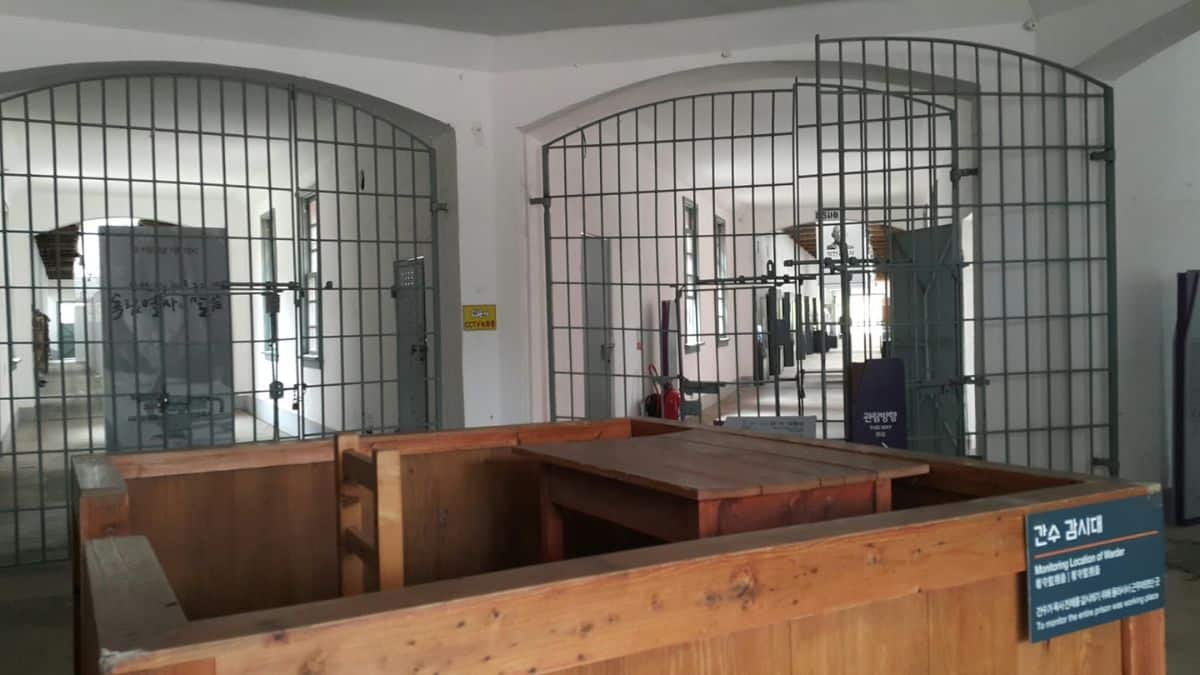North Korea’s political prison camps have experienced a significant decrease in their inmate populations over the past year. As of June 2024, the number of detainees in these notorious facilities has dropped by approximately 9,000, bringing the total population to around 190,000. This development has drawn attention from human rights advocates and international observers.
The reduction in inmate numbers has been confirmed through a combination of satellite imagery, defectors’ testimonies, and reports from various human rights organizations. North Korea’s political prison camps, known for their harsh conditions and severe treatment of prisoners, house individuals accused of political dissent or disloyalty to the regime. The camps are infamous for their brutality, including forced labour, starvation, and arbitrary executions.
Several factors could explain this significant decrease. One possible reason is an increase in executions and forced labour assignments. Reports from defectors and international watchdogs suggest that individuals who might have previously been imprisoned in the camps are now being executed or subjected to extremely forced labour elsewhere in the country. These measures could be contributing to a lower reported inmate count.
Another potential factor is the regime’s intensified focus on surveillance and control measures. By tightening its grip on the general population and preemptively addressing potential dissent, the regime may be reducing the need for imprisonment in the camps. Enhanced monitoring could deter individuals from engaging in activities that would lead to imprisonment.
Human rights organizations have responded with caution, emphasizing that while the decrease is notable, it does not necessarily indicate improved conditions for those still imprisoned. “The reduction in the number of inmates is significant, but it is crucial to consider the broader context,” said a spokesperson from Amnesty International.
The international community, including the United Nations, has called for increased transparency and accountability regarding the treatment of political prisoners in North Korea. The UN Special Rapporteur on Human Rights in North Korea has stressed the importance of thorough investigations into the conditions within the camps and the broader human rights situation.

